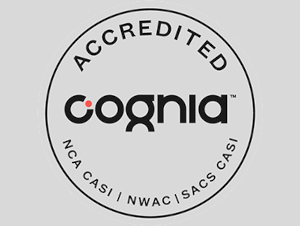Grammar School
Kindergarten through 5th Grade
Classical Prep is centered on the time-honored trivium approach, which comprises three stages: grammar, logic, and rhetoric. In the Grammar stage, scholars focus on:
- Building foundational knowledge in core subjects through memorization, comprehension, and the acquisition of essential facts and skills.
- Cultivating a deep understanding and appreciation for language, literature, history, mathematics, and science, laying the groundwork for critical thinking and logical analysis.
- Developing intellectual curiosity and a love of learning through engagement with classical literature.
- Integrating character education and moral philosophy to instill our core values, such as dignity, justice, and responsibility.
- Providing smaller class sizes that allow for more individualized attention and meaningful interaction between teachers and scholars, fostering both academic growth and character development.
- Preparing scholars for academic success while shaping them into thoughtful, articulate, and well-rounded individuals ready to contribute meaningfully to society.


Benefits of a K-12 Classical Education at Classical Prep
Staying at Classical Prep from Kindergarten through 12th grade provides scholars with a consistent, supportive learning environment where each stage builds upon the last. From mastering core knowledge in Grammar school to sharpening critical thinking in Logic and refining communication in Rhetoric, scholars grow in both wisdom and character, preparing them to excel in college and beyond.




